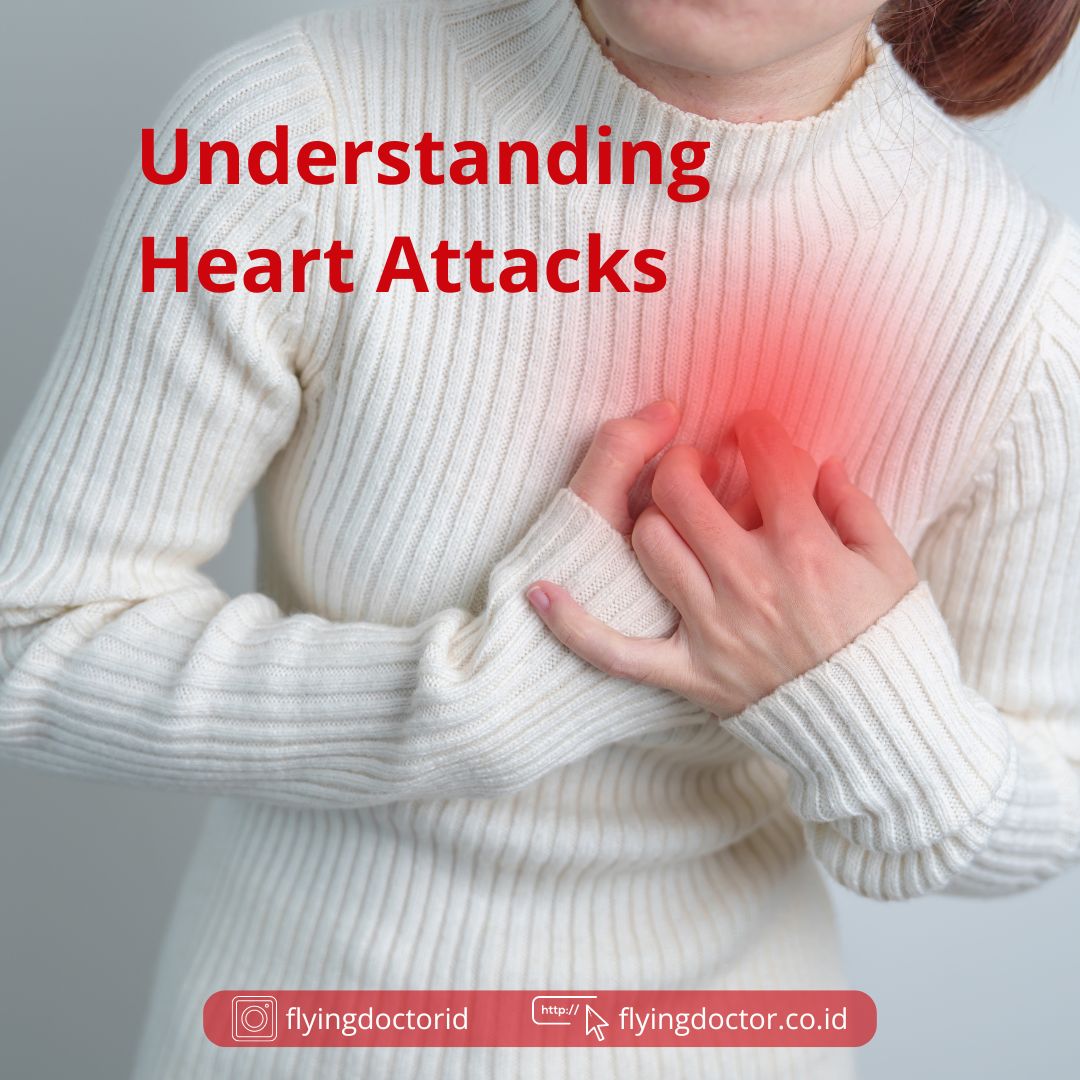Types and Symptoms of Thyroid Disorders
There are two main types of thyroid disorders: hypothyroidism and hyperthyroidism. Hypothyroidism occurs when the thyroid gland does not produce enough thyroid hormones, leading to symptoms such as fatigue, weight gain, cold intolerance, dry skin, hair loss, constipation, depression, and menstrual irregularities. Hyperthyroidism occurs when the thyroid gland produces too much thyroid hormones, causing symptoms such as nervousness, weight loss, heat intolerance, sweating, tremors, palpitations, insomnia, anxiety, and eye problems.Other types of thyroid disorders include goiter, which is an enlargement of the thyroid gland that can cause difficulty swallowing or breathing; thyroid nodules, which are lumps or growths in the thyroid gland that can be benign or malignant; and thyroid cancer, which is a rare but serious form of cancer that can affect people of any age.
Diagnosis and Treatment of Thyroid Disorders
Thyroid disorders can be diagnosed by a blood test that measures the levels of thyroid hormones and thyroid-stimulating hormone (TSH), which is produced by the pituitary gland to regulate the thyroid gland. Depending on the type and severity of the disorder, treatment options may include medication, surgery, radioactive iodine, or other therapies. The goal of treatment is to restore normal thyroid function and prevent complications.
Prevention and Management of Thyroid Disorders
Thyroid disorders can be prevented or managed by following some simple steps, such as:
- Eating a balanced diet that provides enough iodine, a mineral that is essential for thyroid hormone production. Iodine can be found in foods such as iodized salt, seafood, dairy products, eggs, and some breads and cereals.
- Avoiding excessive intake of goitrogens, substances that can interfere with thyroid function. Goitrogens can be found in foods such as soy, cabbage, broccoli, cauliflower, kale, and peanuts.
- Checking your neck regularly for any signs of swelling or lumps in the thyroid area. If you notice any changes, consult your doctor as soon as possible.
- Taking your medication as prescribed by your doctor and monitoring your symptoms and blood tests regularly. If you experience any side effects or changes in your condition, inform your doctor and follow their advice.
- Seeking professional help if you have any emotional or mental health issues related to your thyroid disorder, such as depression, anxiety, or mood swings. There are many resources and support groups available to help you cope and improve your well-being.
- The Global Burden of Thyroid Disorders
Thyroid disorders are a global health problem that affects millions of people worldwide. According to the GLOBOCAN database, an estimated 586,202 cases of thyroid cancer were reported in 2020, making thyroid cancer the 10th most common cancer worldwide1. The majority of thyroid cancer cases occurred in countries with a high or very high Human Development Index (HDI), accounting for 91% of new cases1. However, mortality rates were relatively similar across different settings, and age-standardized mortality rates were below 1 per 100 000 in most countries for both men and women1.
The incidence and mortality of thyroid disorders vary by the geographic location and socio-economic status. Some of the factors that influence the epidemiology of thyroid disorders include iodine deficiency, environmental exposures, genetic susceptibility, lifestyle, and health care access. Iodine deficiency is the most common cause of thyroid disorders worldwide, leading to goiter formation and hypothyroidism. Iodine deficiency affects about 2 billion people globally, especially in low-income countries and regions such as Africa, South-East Asia, and the Eastern Mediterranean. Environmental exposures, such as ionizing radiation, can also increase the risk of thyroid disorders, especially in children and adolescents. Genetic susceptibility plays a role in the development of autoimmune thyroid disorders, such as Hashimoto’s thyroiditis and Graves’ disease. Lifestyle factors, such as smoking, obesity, and stress, can also affect thyroid function and health2. Health care access is another important factor that determines the diagnosis, treatment, and outcome of thyroid disorders. In many parts of the world, especially in low-resource settings, there is a lack of awareness, screening, and quality care for thyroid disorders, leading to delayed diagnosis, inadequate treatment, and poor prognosis.
The Role of Flying Doctor Indonesia
Flying Doctor Indonesia is a specialist medical evacuation team that provides one-stop solution bed to bed transfer air ambulance service for medical evacuation, repatriation, medical tourism, and medical assistance. We takes care of the entire operations for you, on-site medical examinations, logistics, evacuation, all necessary paperwork, and offers medical escorts or even private air ambulance to get your loved ones back home faster. We has experienced medical staff who can handle emergency and ICU patients, with accredited and international standard medical equipment. We are operates in various regions in Indonesia, such as Jakarta, Bali, Surabaya, Kupang, Sumatra, Lombok, and Kalimantan. We also serves international destinations, such as Singapore, Malaysia, Thailand, Australia, and other countries.
Flying Doctor Indonesia is a reliable and professional partner for your medical transport needs.
Conclusion
Thyroid disorders are common and serious conditions that can affect anyone, regardless of age, gender, or ethnicity. Thyroid disorders can cause various symptoms and complications that can impair the quality of life and increase the risk of mortality. Thyroid disorders can be diagnosed and treated effectively with proper medical care and follow-up. Thyroid disorders can be prevented or managed by adopting a healthy lifestyle and being aware of the signs and symptoms. Thyroid disorders are a global health challenge that requires more awareness, research, and collaboration. Flying Doctor Indonesia is a valuable resource that can help you and your loved ones access the best medical care and transport in case of thyroid disorders or other health emergencies.


